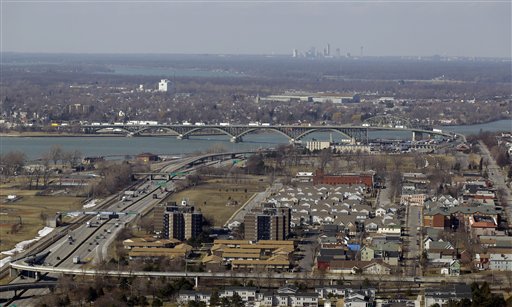
SYRACUSE, N.Y. (NCC News) — The border between Canada and the United States opened half-way on Monday. Now, fully vaccinated U.S. citizens and permanent residents are allowed to travel to Canada quarantine free, provided they test negative 72 hours before crossing.
According to the Canadian government website, U.S. tourists must be asymptomatic and have a suitable quarantine plan when they arrive at the border. While antigen tests are faster, only a Polymerase Chain Reaction (PCR) test will be accepted.
Proof of vaccination, a negative test and a quarantine plan can all be logged in the ArriveCan app or the ArriveCan website.
Christine Sikes, the Executive Vice President of Customer Experience with Direct Travel — a travel agency with an office in downtown Syracuse — said that children under 12 are exempt from the vaccination requirement, but they are subject to further testing.
“Unvaccinated children, those that can’t provide proof of vaccination, obviously because they’re too young,” Sikes said, “they still have to take a day one and a day eight COVID-19 test.”
All other travellers will only be subject to one test either at the time of crossing or once they arrive at their destination. All tests administered at the land border between New York and Canada require an account with Switch Health, which can be completed beforehand.
With all of these requirements, Sikes said that her clients have found that leaving earlier is best for avoiding a long wait at the border.
“We’ve had travellers, yesterday, go pretty early in the morning, pre-8 AM eastern time,” Sikes said. “The wait for the border crossing via land was only about an hour long. As the day goes on, that backs up pretty significantly, we’re hearing.”
If the test at the border comes back negative, the Canadian government still asks that travellers follow local public health measures, maintain a list of close contacts for their first 14 days in the country and hold proof of vaccination for 14 days.
Before returning home to the U.S., Sikes said travellers must test negative for COVID-19.
The border crossing will all be one-way, though, as Canadians are not currently allowed to cross the U.S. land border for non-essential travel. The travel ban extends until August 21, when President Biden will choose to extend the ban or let it expire.




